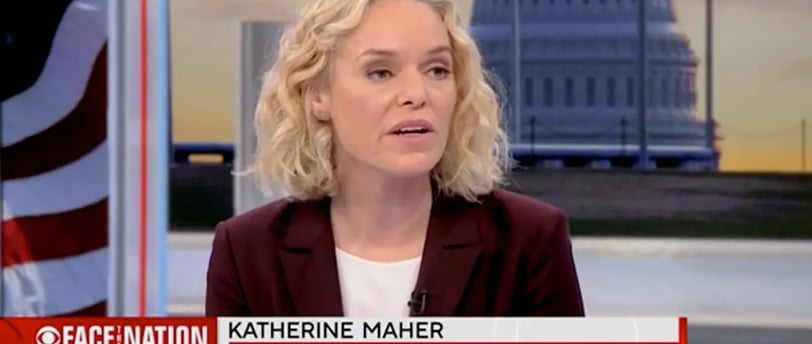Katherine Maher’s Tenure at NPR: A Look at Leadership, Bias, and Internal Turmoil. When the Fox is Let in the Coop.
CEO whose past activism and political views raise difficult questions about objectivity
The Global Ethicist and Guest
5/5/20252 min read


Katherine Maher’s Tenure at NPR: An Look at Leadership, Bias, and Internal Turmoil
When Katherine Maher was appointed CEO of NPR in March 2024, her unconventional background rooted in Middle Eastern and Islamic Studies at New York University, with additional Arabic studies in Cairo and Damascus—set her apart from traditional media executives. Yet it wasn’t just her résumé that drew attention; it was the ideological questions surrounding her leadership at one of America’s most trusted public broadcasters. Early in her tenure, an old tweet from 2020 resurfaced, in which Maher had publicly referred to then-President Donald Trump as a “deranged racist sociopath.” Though she later acknowledged and distanced herself from the comment, critics in Congress and beyond questioned whether NPR could maintain editorial neutrality under a leader who had expressed such overt political disdain.
The political scrutiny was compounded by internal dissent. In 2024, longtime NPR editor Uri Berliner published an explosive essay accusing the network of ideological conformity, claiming that NPR systematically sidelined dissenting viewpoints, particularly on sensitive topics like transgender issues, COVID-19 policies, and the Israel-Hamas conflict. Berliner’s subsequent suspension sparked fierce debate over whether NPR was protecting its editorial integrity or punishing whistleblowing. Meanwhile, under Maher’s leadership, NPR struggled to retain audience trust; a 2025 survey showed widening partisan divides in public perception, with many conservatives abandoning the network and moderates questioning its impartiality.
Externally, Maher found herself battling unprecedented political headwinds. In May 2025, President Trump issued an executive order to defund NPR and PBS, accusing them of partisan bias and threatening the very financial foundation of public broadcasting. Maher, alongside PBS CEO Paula Kerger, publicly condemned the move, warning that it would devastate rural and underserved communities reliant on public media. While she defended NPR’s commitment to factual reporting, critics argued that the organization under her watch had failed to adequately represent ideological diversity, thus fueling the very accusations leveraged against it.
Further ethical dilemmas emerged internally, such as a controversy involving journalist Ari Shapiro, who was initially told not to attend a corporate LGBTQ+ Pride event due to NPR’s ethics guidelines, only for the decision to be reversed amid staff backlash. This incident underscored deeper tensions between NPR’s standards of journalistic neutrality and its internal culture of advocacy and representation.
Maher’s leadership of NPR reflects the complexities facing modern public media: balancing editorial independence, internal ideological debates, political pressures, and a rapidly fragmenting audience. She says she wants to look deeper why her staff is all Democratic in the newsroom, and admitted to not covering the Hunter Laptop case you may say it is her prerogative as the CEO of NPR. While her defenders praise her commitment to inclusivity and global awareness, her critics see an organization veering away from impartiality under a CEO whose past activism and political views raise difficult questions about objectivity. As NPR continues to grapple with budget cuts, leadership scrutiny, and questions about its mission, Maher’s tenure remains a flashpoint in the ongoing battle over the future of public trust in American journalism.
Ethics
Exploring ethical frameworks in business and life.
Integrity
Wisdom
info@theglobalethicist.com
© 2024. All rights reserved. The views and opinions expressed herein are solely those of the author and are intended as editorial commentary protected under the principles of free speech. Such views are based on facts obtained through independent research and are provided for informational purposes only. Reasonable efforts have been made to ensure the accuracy of the information provided; however, no representations or warranties, express or implied, are made as to the completeness, accuracy, reliability, suitability, or availability of any information contained herein. The author and publisher expressly disclaim any and all liability for any loss, damage, or harm of any kind arising from reliance on the information contained in this publication. By accessing or using this content, you agree to indemnify, defend, and hold harmless the author and publisher from any claims, actions, demands, liabilities, costs, or expenses (including reasonable attorneys’ fees) resulting from your use or misuse of the information provided. If you discover any factual inaccuracies, please contact us so that appropriate corrections may be made.
